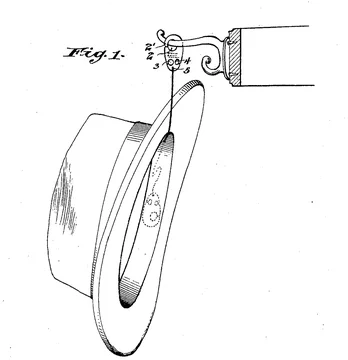In the most recent entry in the case narrowing saga in IPA Techs., Inc. v. Amazon.com, Inc., 16-1266-RGA (previously covered here and here), Judge Andrews addressed defendant Amazon's objection to the reassertion of previously dropped claims.
Earlier this year, Judge Andrews directed IPA to reduce its asserted claims to 30, and it did. Subsequently, nearly half of its asserted claims were invalidated in an IPR. Plaintiff IPA, no longer asserting the invalidated claims, then added (or "reasserted") seven of the previously dropped claims in place of the invalidated claims.
Amazon opposed the addition of the new claims because fact discovery was nearly complete and because it had crafted its invalidity case with the 30 asserted claims in mind), but Judge Andrews rejected those arguments as "completely unconvincing."
Judge Andrews did agree, though, that IPA had not shown good cause for its reintroduction of previously dropped claims. Good cause is required to modify court-ordered schedules under FRCP 16, such as the case narrowing schedule Judge Andrews ordered earlier in the case.
Judge Andrews ordered the parties to meet and confer on all case narrowing issues and to submit "a schedule providing me with all the information and argument I need to make the best decision," if no agreement is reached, "which would include at a minimum IPA’s explanation of its good cause and Amazon’s identification and explanation of the prior art it has dropped that it now needs to substitute for its currently asserted prior art."
This outcome mirrors Judge Connolly's recent decision to preclude a party from re-asserting dropped claims after it failed to show good cause.
If you enjoyed this post, consider subscribing to receive free e-mail updates about new posts.


